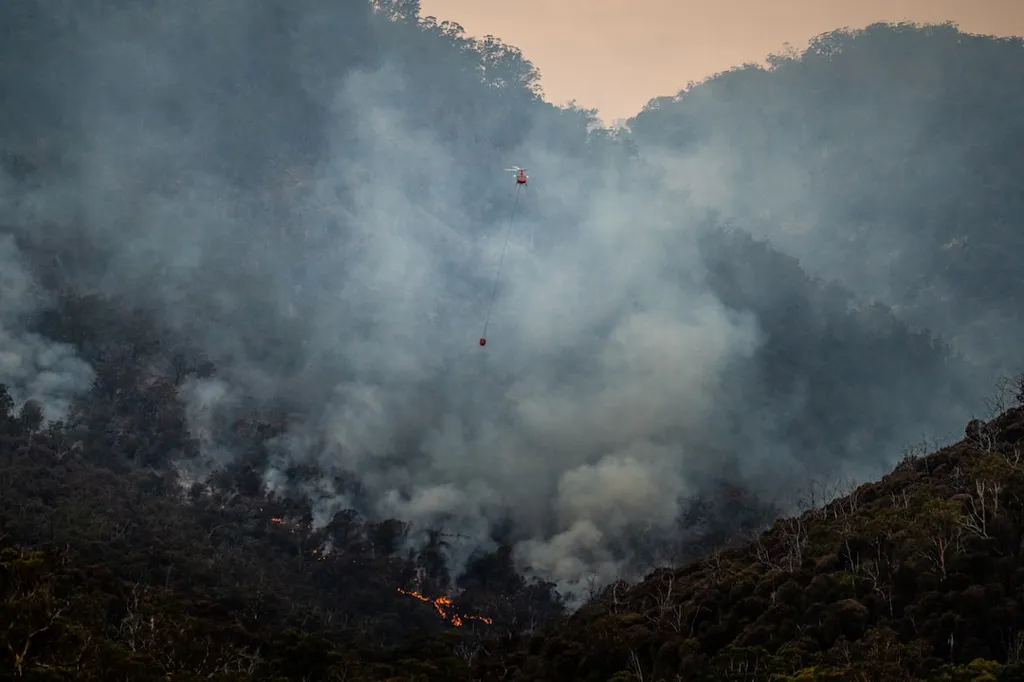First-Line Supervisors of Firefighting and Prevention Workers: The Basics
First-line supervisors of firefighting and prevention workers play a critical role in ensuring public safety and coordinating emergency response efforts. They are responsible for supervising the activities of firefighters and prevention workers who respond to emergency calls and enforce fire prevention regulations.
Examples of the Job
The duties of a first-line supervisor of firefighting and prevention workers include directing and coordinating firefighting, rescue, and fire prevention activities, inspecting buildings and equipment to ensure compliance with fire codes and safety regulations, providing guidance and training to firefighters and other first responders, investigating the causes of fires and other emergencies, and preparing reports on fire and rescue operations.
Education and Training
Most first-line supervisors have extensive experience as firefighters or other emergency responders and may have a college degree in fire science, emergency management, or a related field. There are numerous training programs and certifications available, such as those offered by the National Fire Academy and various organizations, including the International Association of Firefighters and the National Fire Protection Association.
Progression and Entry into the Field
First-line supervisors typically begin their careers as firefighters or other emergency responders. They can work their way up to a supervisory position by gaining experience and demonstrating leadership skills. Fire departments and public safety organizations offer entry-level positions and training programs for new recruits.
The Bottom Line
First-line supervisors of firefighting and prevention workers can earn varying salaries depending on their level of experience and whether or not they are part of a union. Those with more experience typically earn higher salaries, with entry-level positions at around $57,824.00, intermediate positions at $82,388.80, and experienced positions at $104,977.60. Unionized workers earn higher salaries on average, with an average salary of $97,323.20 compared to non-unionized workers who earn an average salary of $73,174.40.
Overall, this field plays a critical role in ensuring the safety of the public during emergency situations. With the right experience and education, individuals can enter this field and work their way up to leadership positions.












